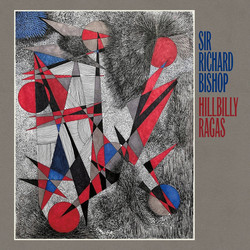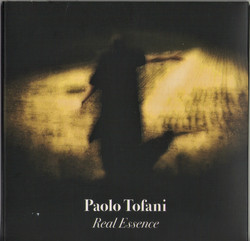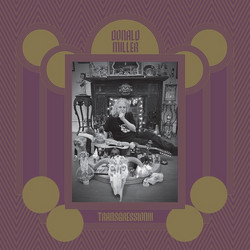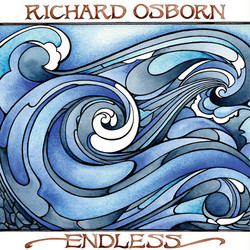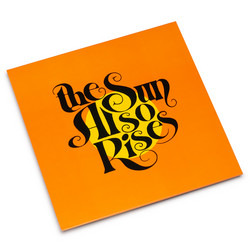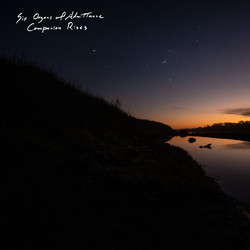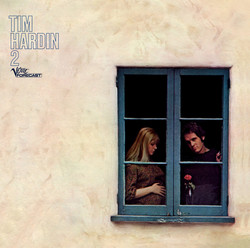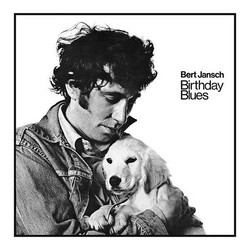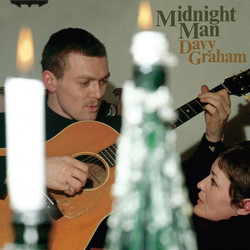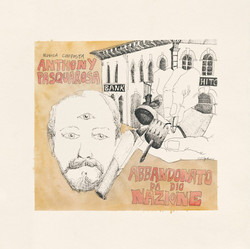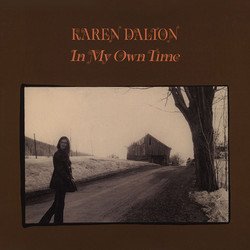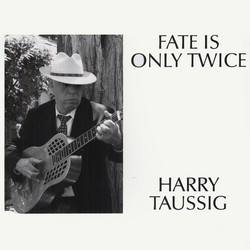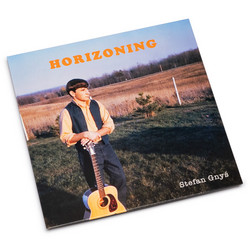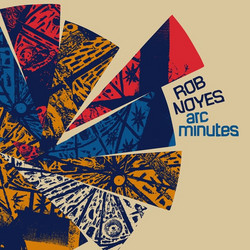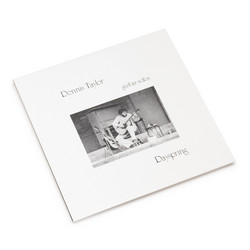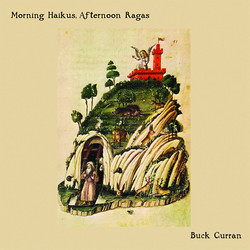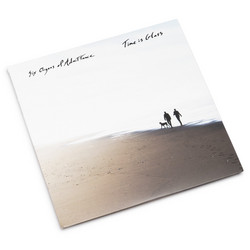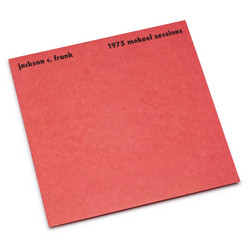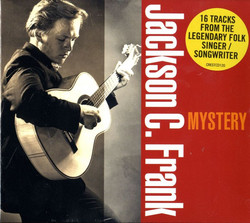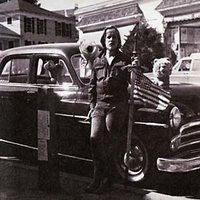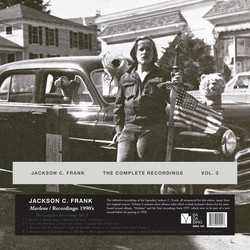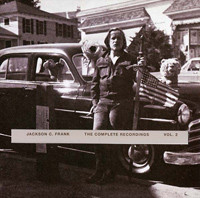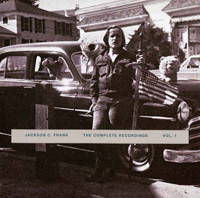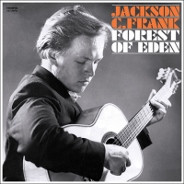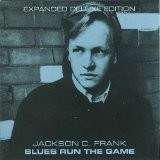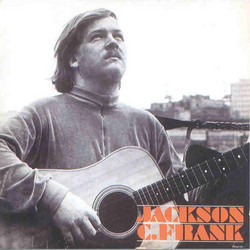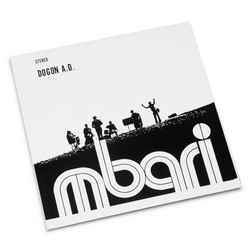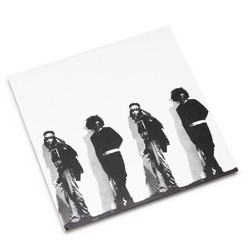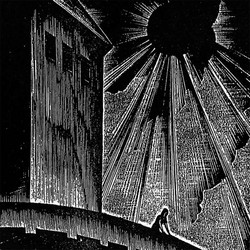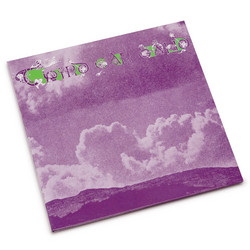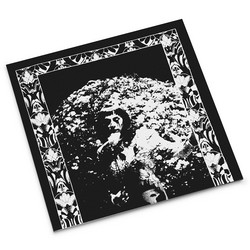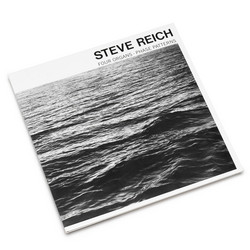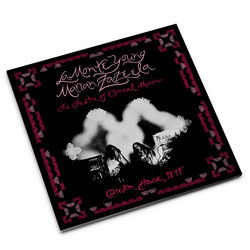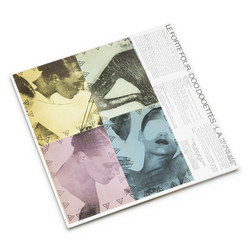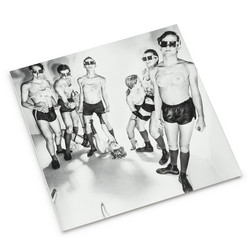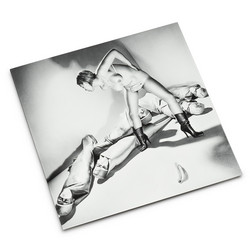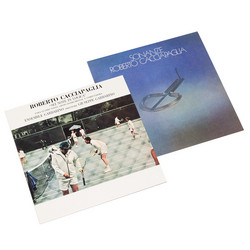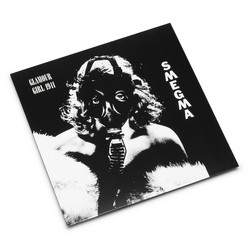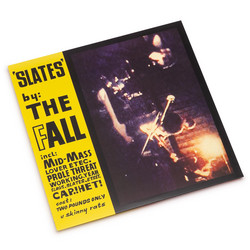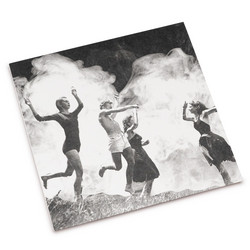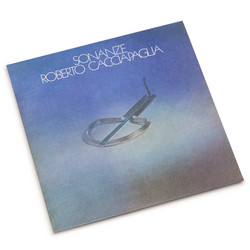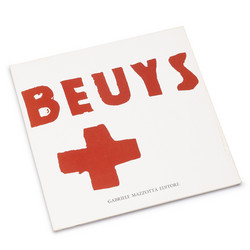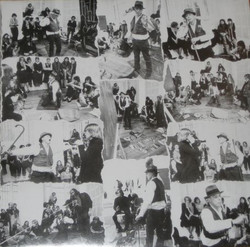Jackson C. Frank
Jackson C. Frank (LP)
2022 Repress Jackson C. Frank’s eponymous album is the embodiment of folk legend. Issued in late 1965 on the UK Columbia label, it was for many years more famous for its producer (Paul Simon) and the musicians who would go on to cover its songs (Nick Drake, Bert Jansch, Sandy Denny) than for the hauntingly beautiful music contained inside. Frank’s backstory certainly adds to the legacy: born in Buffalo, New York, he used the settlement from a childhood accident to sail to London where he quickly became a fixture of the bustling folk scene. Performing a mix of blues standards and originals, he met fellow ex-pat Paul Simon who would put up the money to record Frank’s only LP. For such a sparsely recorded work, Jackson C. Frank covers a lot of ground. From the rugged, world-weary opener “Blues Run The Game” to the stunning melancholy of “Milk And Honey,” Frank’s nimble acoustic guitar and passionate howls are all that is needed to power such authentic songwriting. Captured in a single-day session, these ten tracks are stark, gritty and seemingly out-of-place with time. There may be no ‘60s folk record that is simultaneously as rare and influential as Jackson C. Frank’s self-titled debut.
A lost classic, daringly complex and honest, filled with virtuoso playing that is all the more impressive for the offhanded way that Frank makes it look so easy. There is a convergence of elements here that may confuse the uninitiated, because of their seeming contradictions -- a flashiness and assertiveness on the acoustic guitars and the approach to singing on numbers like "Don't Look Back" and "Yellow Walls" that are byproducts of Frank's early history as a rock & roller, a depth and complexity of blues playing that derives from life as much as from talent and dexterity; and the meld of American and English folk sounds is like nothing that any listener has heard from either side of the Atlantic anywhere else. Derived from a song bag that included "Blues Run the Game," "Yellow Walls," "My Name Is Carnival," and "You Never Wanted Me," the album is kind of overpowering -- rather ironically, it's the downbeat nature of those same songs that likely would have prevented Jackson C. Frank from being anything much more than a major cult favorite; even "Blues Run the Game," for all of its beauty, has an underlying sadness that makes it difficult to hear, at least in its album version. (AllMusicGuide)
